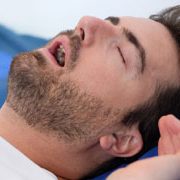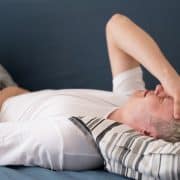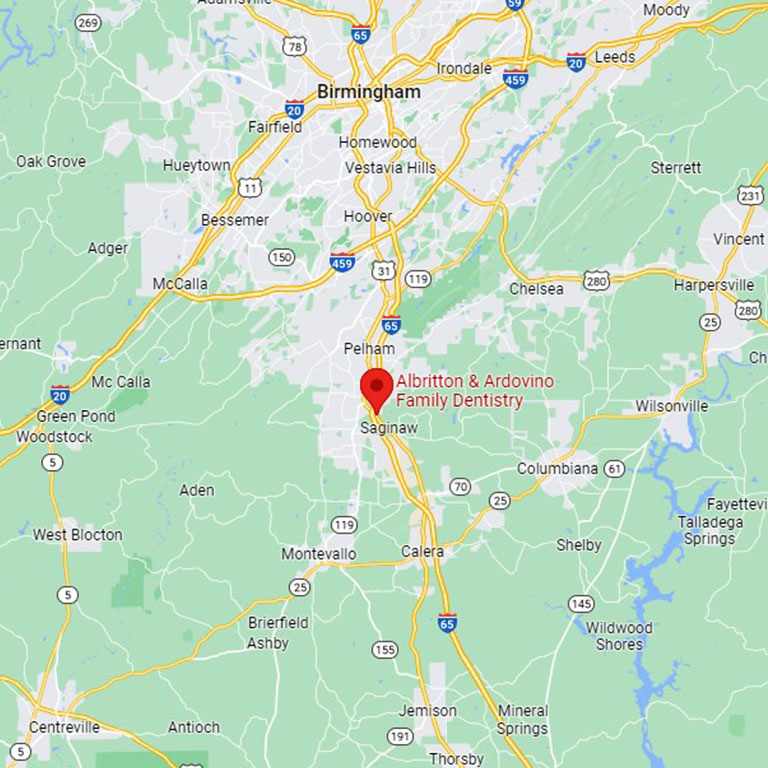5 Myths About Sleep Apnea to Know
Sleep apnea is nothing to underestimate. It’s a serious condition that should be seen to by a dentist in Alabaster, AL that specializes in this dangerous condition. You don’t want to ignore it, because there can be dire consequences if you don’t seek treatment. Here are five common myths about sleep apnea and the truths behind them.
Myth 1: Only Overweight People Get Sleep Apnea
While excess weight is a risk factor, sleep apnea can affect people of all sizes and ages; even children. Genetics, neck structure, nasal congestion and other anatomical factors can also play a role.
Myth 2: Snoring Always Means Sleep Apnea
Snoring can be a symptom of sleep apnea, but not all snorers have the condition. Likewise, some people with sleep apnea don’t snore at all. A proper evaluation is the only way to know for sure.
Myth 3: Sleep Apnea Is Just a Snoring Problem
Sleep apnea is far more serious than snoring. It involves repeated interruptions in breathing during sleep, which can lead to daytime fatigue, poor concentration, high blood pressure, heart disease, and increased risk of stroke.
Myth 4: CPAP Is the Only Treatment
While CPAP machines are a common treatment, they’re not the only option. Dentists trained in sleep medicine can provide custom oral appliances that reposition the jaw to keep the airway open—an effective and more comfortable alternative for many patients.
Myth 5: It’s Not a Big Deal if You Don’t Sleep Well
Poor sleep from untreated apnea affects your physical and mental health over time. If you wake up tired, have morning headaches, or struggle to stay alert during the day, it’s worth getting screened.
What might work for you is a dental sleep apnea appliance in Alabaster, AL. Why not contact us today and get a professional diagnosis and expedient treatment?












